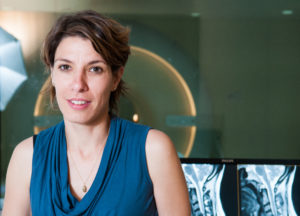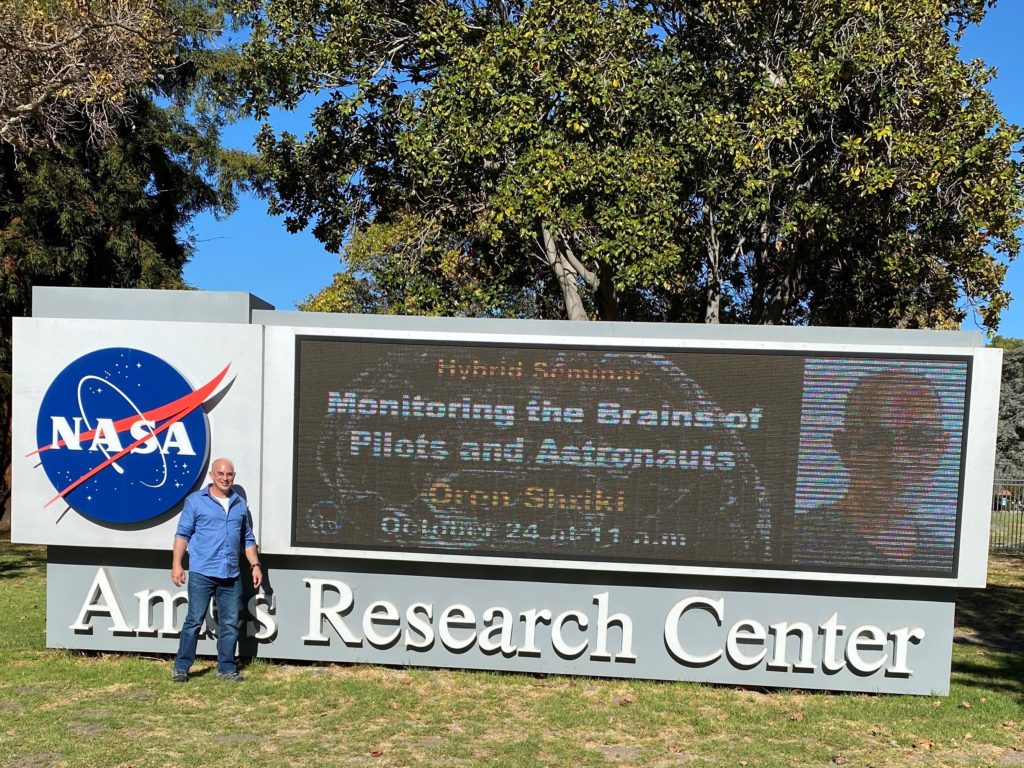
BGU Study Gives Hope to People with “Face Blindness”
BGU Study Gives Hope to People with “Face Blindness”
September 21, 2015
The Jerusalem Post — Recognizing faces is something we do every day and with very little effort. For sufferers of prosopagnosia, however, faces of their family members and close friends can be as unrecognizable as faces they’ve never seen before.
Now, Prof. Galia Avidan, a member of BGU’s Department of Psychology and the head of the Department of Brain and Cognitive Sciences, is studying rehabilitative options for this disorder that psychologists have come to refer to as “face blindness.”
The average person sharpens the skill of identifying faces throughout their lives; a holistic mechanism in their brains quickly and simultaneously processes details of the face — such as eyes, mouth and nose — instead of each detail separately. Prosopagnosia, which can result from acute brain damage or a congenital condition, confuses this normally automatic brain function, causing faces to look indistinct or blurry.
Prof. Avidan, along with two doctoral students, is testing whether prosopagnosics can be “trained” to recognize faces using the same part of the brain that identifies objects.
The concept was conceived when Prof. Avidan learned that a student of hers, who suffered from “face blindness” had worked on a horse farm and learned how to identify individual horses despite her cognitive difficulty identifying human faces. An article about this study was recently published in the journal Neuropsychologia.
Using a functional MRI (fMRI), Prof. Avidan’s research team examined the student’s brain function, focusing on areas of the brain that play major roles in identifying both objects and human faces.
The BGU researchers expect that the mechanisms for identifying faces can be honed in the same way we condition ourselves to identify objects, and that the two mechanisms may not be as distinct as some psychologists believe.




